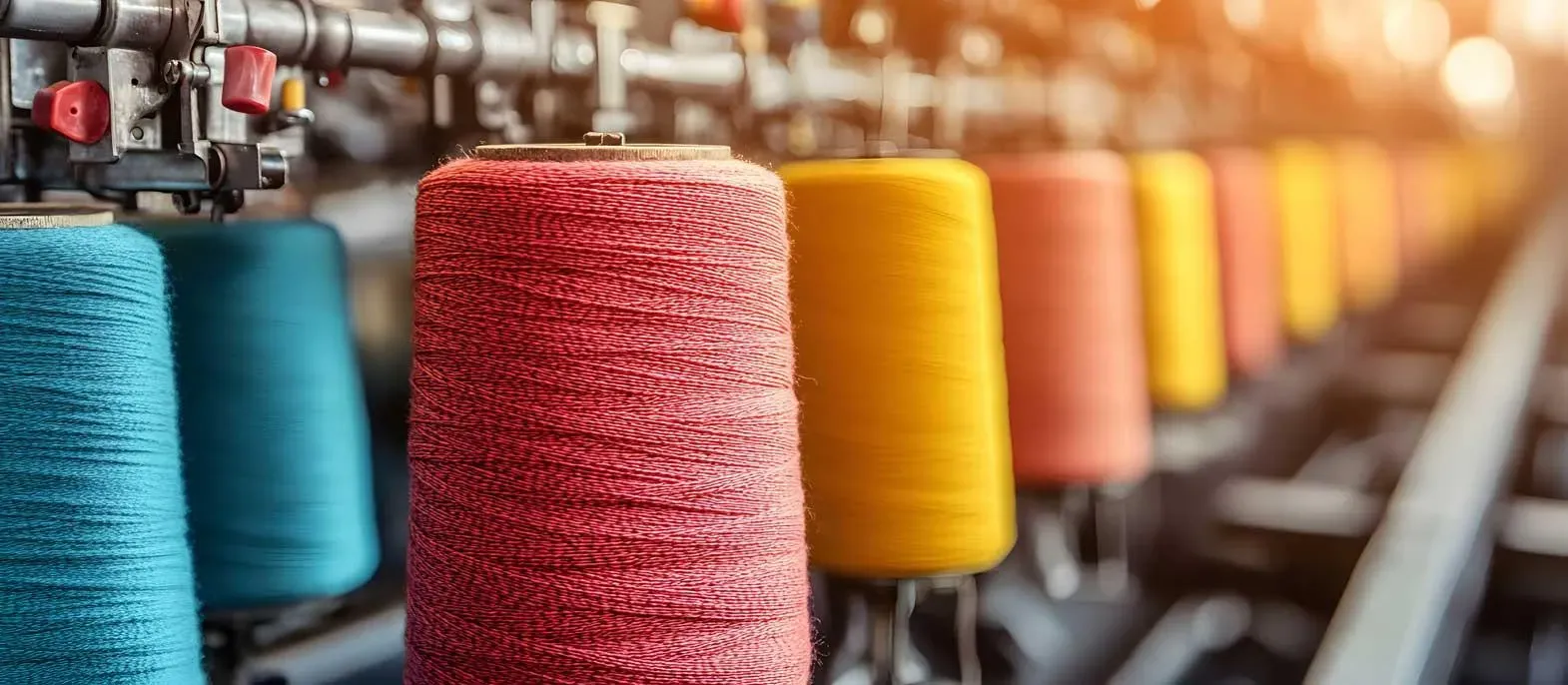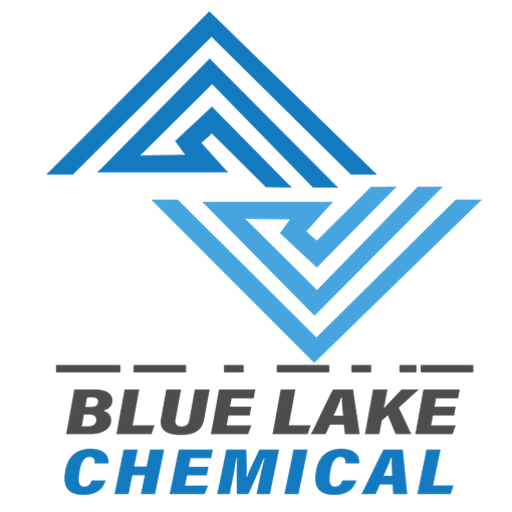In the world of synthetic fibers, polyester reigns supreme for its durability, wrinkle resistance, and cost-effectiveness. However, dyeing polyester presents unique challenges due to its hydrophobic nature and tightly packed molecular structure. These properties make it difficult for dyes to penetrate without the aid of elevated temperatures or auxiliary chemicals.
The Solution? Polyester Dyeing Carriers
A polyester dyeing carrier is a textile auxiliary used primarily in low-temperature dyeing processes (typically around 100°C) to facilitate the uptake of disperse dyes. These carriers work by swelling the polyester fiber, increasing the dye’s diffusion rate, and improving dye penetration, especially under atmospheric pressure.
What Does a Polyester Carrier Do?
Without soportes de colorantes, achieving level and deep shades on polyester at lower temperatures is inefficient and often uneven. Carriers offer:
- Improved dye exhaustion
- Shorter dyeing cycles
- Uniform color yield
- Cost savings on high-temperature equipment and energy

Common Types of Dyeing Carriers
1.Aromatic Esters – Good dyeing performance, though not always environmentally friendly
2.Chlorinated Aromatic Hydrocarbons – High efficiency but increasingly regulated
3.Eco-Friendly Carriers – Non-toxic, biodegradable carriers are rising in demand due to environmental regulations (e.g., EU REACH, ZDHC)
Environmental Concerns & the Shift Toward Green Chemistry
Traditional dyeing carriers can release volatile organic compounds (VOCs) and pose environmental and health hazards. The industry is now focusing on low-odor, low-foam, non-toxic dyeing carriers that comply with environmental standards without compromising performance.
Look for features such as:
- Biodegradability
- No APEO/NPEO
- Low COD/BOD contribution
- Compatibility with high-speed machinery
Application Guidelines (General Reference)
| Process Stage | Typical Dosage | Temperature | Time |
| Dyeing with Carrier | 1.0–2.5 g/L | 100–130°C | 45–60 minutes |
Nota: Dosage and conditions may vary based on formulation and machine type.If you need technical support, please feel free to contact us.
Conclusión
Polyester dyeing carriers remain essential in modern textile processing, particularly for mills looking to balance performance, cost, and sustainability. As regulations tighten and market demands evolve, choosing the right carrier becomes not just a technical decision, but a strategic one.
Looking for a High-Efficiency, Eco-Compliant Carrier?
En BLUELAKECHEM, we specialize in high-efficiency textile auxiliaries, including eco-friendly polyester dyeing carriers tailored for atmospheric or HT dyeing and polyester dyeing repair agents containing carrier components.
Póngase en contacto con nosotros to explore custom solutions for your dyehouse or textile production line.

